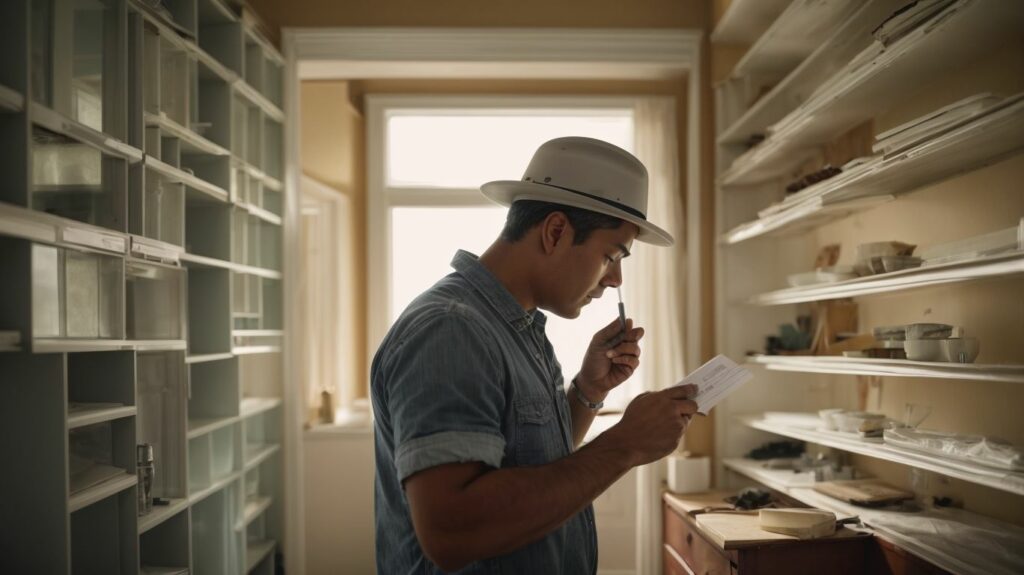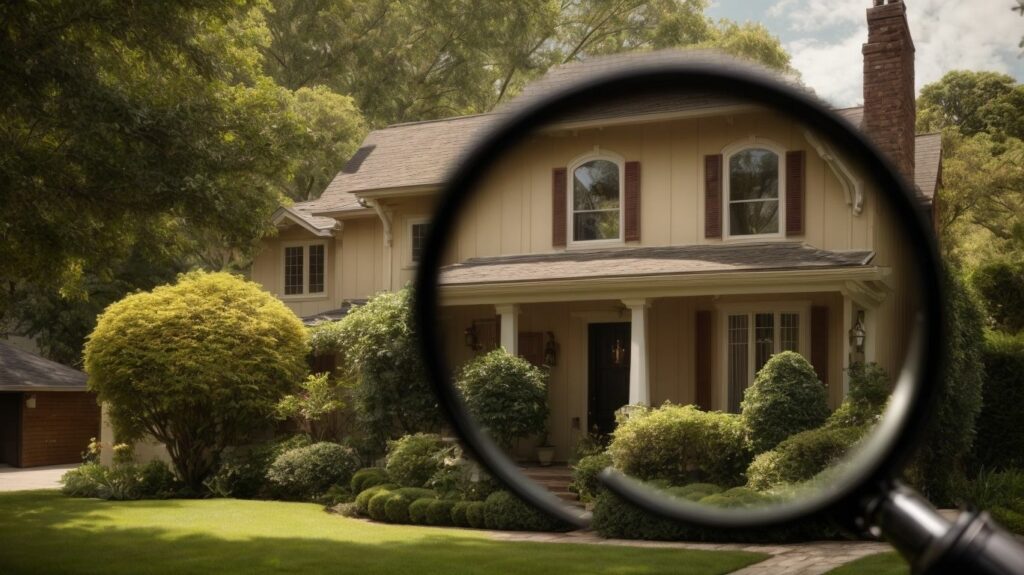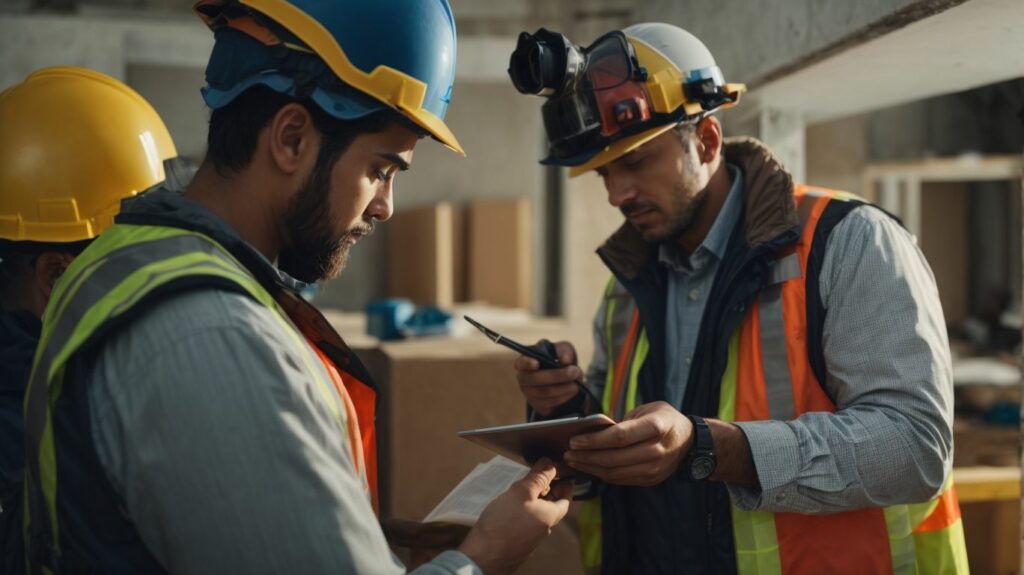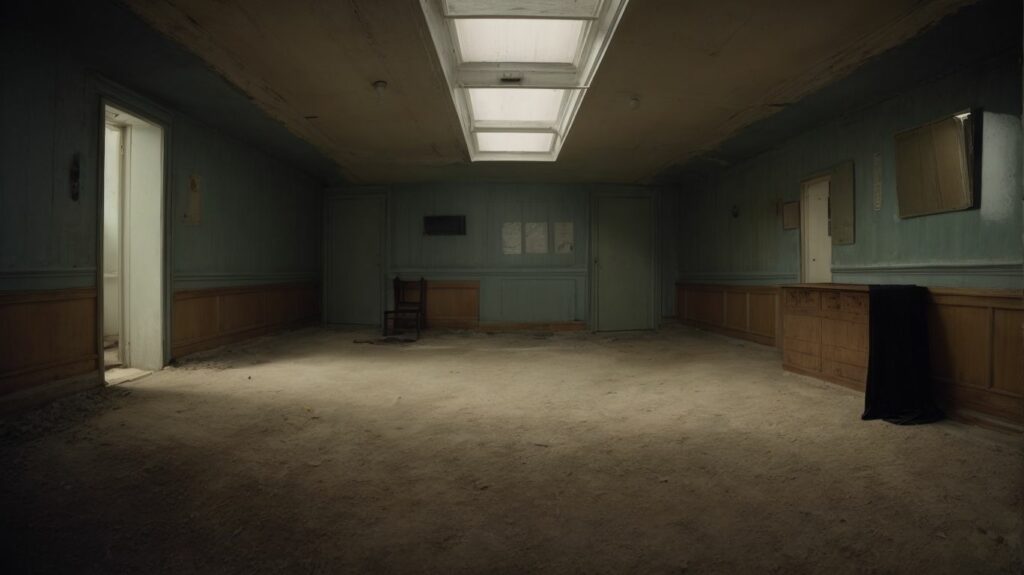20+ Years Experience
Specialist Property Inspections

Enquire Today For A Free No Obligation Quote
Property inspections play a crucial role in maintaining the condition and value of a property. They allow for the identification of potential issues, such as structural problems, maintenance needs, and safety hazards. Early detection of these problems helps to prevent costly repairs in the future, ultimately saving money in the long run. Property inspections are also essential for ensuring compliance with regulations and safety standards. By recognizing the importance of property inspections and conducting them regularly, property owners can protect their investment and avoid unexpected financial burdens.
Regular property inspections are necessary to ensure the overall maintenance and safety of your property. By conducting regular inspections, you can identify and address issues early, preventing them from escalating and becoming more costly to repair. Property inspections help maintain the value of your property by detecting any potential problems that could negatively impact its worth. They also provide an opportunity to negotiate repairs and maintenance with tenants or buyers, maximizing your return on investment. In summary, regular property inspections are essential for cost savings, preventing damages, and ensuring the long-term financial stability of your property. Keep your property in top condition by prioritising regular inspections.
The purpose of property inspections is to assess the condition and identify any issues or potential problems with a property. Inspections help ensure the safety, security, and livability of a property by checking for structural defects, electrical and plumbing issues, pest infestations, and more. Inspections provide an opportunity to detect issues early on, preventing costly repairs and damages in the long run. They also play a crucial role in preventive maintenance, helping property owners address maintenance needs promptly and avoid larger problems down the line. Ultimately, the purpose of property inspections is to protect the investment and ensure the property’s value is maintained or increased over time.
Consider scheduling regular property inspections to stay proactive and address any issues promptly, saving you money and protecting your investment in the long run.
Conducting regular property inspections offers several benefits for homeowners and property managers. These inspections help to ensure the safety, maintenance, and overall value of the property. Here are some key benefits of conducting property inspections:
Pro-tip: Schedule property inspections at least once a year and be thorough in your assessment to catch any potential issues early on. This proactive approach will save you time, money, and headaches in the long run.
Discover the hidden money-saving potential of property inspections! In this section, we’ll delve into the financial impact of property inspections and how they can help you save a significant amount in the long run. From highlighting potential issues to ensuring the safety and value of your property, we’ll explore why property inspections have become a crucial investment for homeowners. Get ready to uncover the facts, figures, and benefits that make property inspections an essential part of responsible property ownership.
Property inspections play a crucial role in saving you money in the long run as they help in identifying issues early and facilitating timely repairs. The following steps illustrate how property inspections achieve this:
When it comes to property inspections, it is crucial to identify and address issues at an early stage. Thorough inspections enable the detection of potential problems before they worsen, resulting in substantial cost savings in the long term. In the following sections, we will delve into the importance of property inspections in preventive maintenance and the financial benefits that can be obtained through prompt repairs. Let us now explore how these inspections can positively impact your property investment.
The role of property inspections in preventive maintenance is crucial for maintaining the condition and value of a property. Regular inspections help to identify potential issues or maintenance needs before they become major problems. By addressing these issues early, property owners can save on costly repairs in the long run. Inspections allow for timely repairs, preventing further damage and minimising overall repair expenses. Conducting inspections helps avoid neglecting necessary maintenance tasks, which can negatively impact the property’s value. In sum, property inspections play a vital role in preventive maintenance, ensuring the longevity and overall well-being of the property.
Property inspections play a crucial role in saving costs through timely repairs. By conducting regular inspections, you can identify issues early on, preventing them from worsening and leading to costly damages. Additionally, these inspections allow for proactive maintenance, reducing the likelihood of expensive repairs in the future. By addressing issues promptly, it is possible to prevent them from becoming more severe, ultimately saving money on extensive repairs. Moreover, property inspections help extend the lifespan of property components by identifying and addressing minor issues, reducing the need for premature replacements. This not only saves costs but also helps preserve the value of the property, preventing potential value depreciation.
Don’t wait for expensive repairs! Find out how property inspections can save you money in the long run by preventing costly damages. This section will explore the repercussions of neglecting property inspections and examine the impact of undetected issues on property value. Prepare to discover the facts and figures that demonstrate the significance of proactive inspection practices in preserving the financial well-being of your property.
Neglecting property inspections can have serious consequences for both homeowners and property investors.
Fact: According to a study, regular property inspections can help identify issues early and reduce repair costs by up to 25%.
Undetected issues in a property can have a significant impact on its value. Structural problems, water damage, pest infestations, or faulty systems can all lead to decreased property value. These issues, if left unaddressed, can worsen over time and result in costly repairs. Potential buyers will be hesitant to invest in a property with hidden issues, leading to longer selling times and lower offers. Regular property inspections help identify and address these issues early, protecting the value of the property and saving you money in the long run. According to a study, properties with unresolved issues sell for an average of 20% less than properties in good condition.
When it comes to negotiating repairs and maintenance, property inspections play a crucial role. Inspection reports can be used to effectively negotiate for necessary repairs, maximizing your return on investment. Property inspections not only save you money in the long run, but also ensure the integrity and value of your property. Let’s explore the world of negotiating repairs and maintenance, and how property inspections can have a significant financial impact.
Using inspection reports to negotiate repairs can help property owners save money and ensure necessary repairs are addressed. Here are the steps to effectively use inspection reports for negotiation:
Review the inspection report in detail to identify all the necessary repairs.
Prioritize the repairs based on their urgency and importance.
Gather quotes or estimates from reputable contractors for the identified repairs.
Present the inspection report and the quotes to the seller or landlord, highlighting the necessary repairs and associated costs.
Negotiate with the seller or landlord for either a reduced purchase price or for them to complete the repairs before the transaction concludes.
If the negotiation is successful, ensure that the repairs are completed to satisfaction and documented accordingly.
True story: A buyer used the inspection report, which included several repair items, to negotiate a lower purchase price for a property. By leveraging the report and providing estimates from contractors, the buyer was able to save a significant amount of money and ensure that the necessary repairs were addressed before closing the deal.
Maximizing Return on Investment through Property Inspections
Conduct routine property inspections to identify any maintenance or repair needs.
Address any issues identified during inspections immediately to prevent further damage and minimize costs.
Allocate a portion of your budget specifically for property inspections and maintenance to ensure investment protection.
Property inspections help safeguard your investment by identifying potential risks or hazards.
Maintaining a well-inspected property can increase its market value, allowing for a higher return on investment.
Property inspections should ideally be conducted every four to six months. However, the frequency may vary depending on landlord insurance policies and specific circumstances.
Property inspections serve multiple purposes. They ensure that the property is well-maintained, identify potential issues early on, uphold legal obligations, prevent small problems from becoming costly, and foster trust between landlords and tenants.
Absolutely! Regular property inspections can save landlords money in the long run. By detecting and addressing issues early, landlords can prevent costly repairs and minimize expenses. Inspections also help maintain the value of the property and prevent potential safety hazards.
Tenants benefit from property inspections as well. Regular inspections ensure that the property is in working order, safe to live in, and addresses any concerns or maintenance issues promptly. This helps create a comfortable and safe living environment for tenants.
Yes, hiring a letting agent can be a proactive way for landlords to manage their properties and conduct regular inspections. Letting agents offer property management services, including inspections and relevant safety checks, relieving landlords with busy schedules from this responsibility.
Not conducting property inspections can lead to various negative consequences. Landlords may miss out on identifying potential damage, safety concerns, or necessary repairs. This can result in costly fixes, legal issues, financial penalties, and unhappy tenants. Regular inspections help mitigate these risks.









We Aim To Reply To All Enquiries With-in 24-Hours